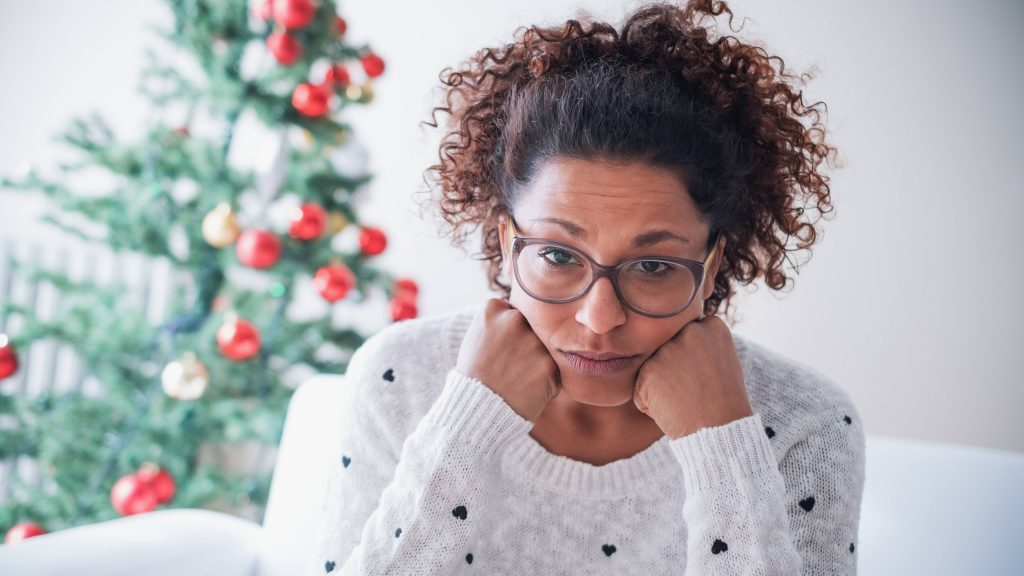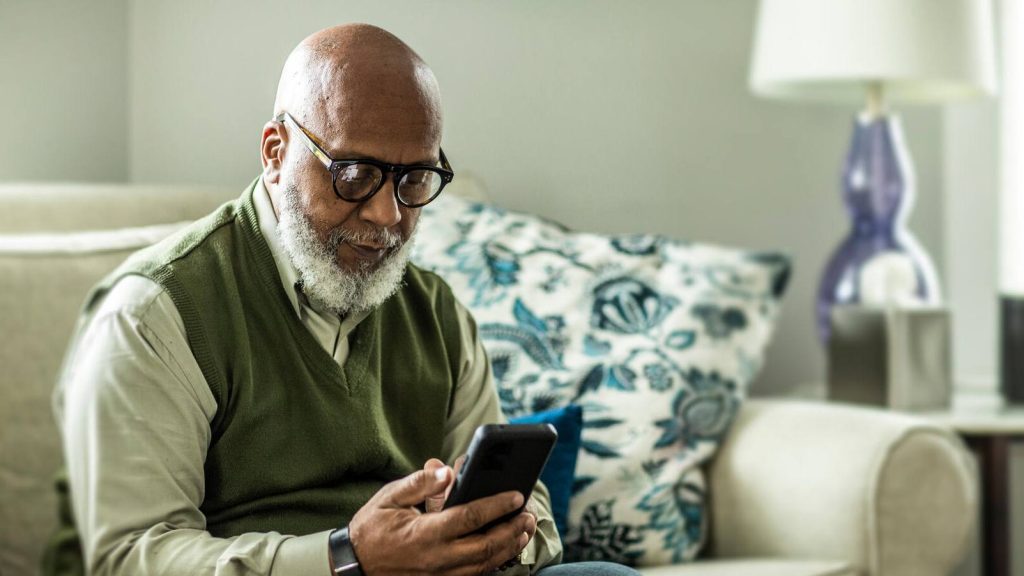
The holiday season, billed as the happiest time of the year, can be lonely, especially for those without close family and friends. Loneliness and social isolation, recognized as an epidemic by the World Health Organization and the Centers for Disease Control and Prevention, have significant health implications.
Dr. Amit Shah, a Mayo Clinic geriatrician and internist, says loneliness is a subjective feeling or perception when a person is not feeling connected to others. Social isolation is a lack of connections or engagement with others. And both can lead to physical and mental health issues
Watch: Loneliness and social isolation through the holidays
Journalists: Broadcast-quality video pkg (1:27) is in the downloads at the end of the post. Please courtesy: "Mayo Clinic News Network." Read the script.
"The health risks of loneliness, they can be just as high as the health risks of obesity, of smoking, of physical inactivity, of excessive alcohol consumption," says Dr. Shah.
And that can lead to increased risks of stroke, heart attack as well as depression, anxiety and suicide.
"It's not just a 'it would be nice to have friends' sort of a thing. It is actually something that we know, that chronic loneliness especially can really impact the health of people," Dr. Shah says.
While loneliness and social isolation are found in all age groups, people over 60 are the most affected. And it can compound other health issues. For instance, Dr. Shah says, "If you've fallen and you're socially isolated, how does anyone know that you were down with a hip fracture if no one's ever been checking in on you or you're socially isolated?"
Addressing loneliness and social isolation
There are many ways to address these issues — and that includes looking at sensory deprivation. For example, hearing loss can cause withdrawal when understanding conversations becomes difficult.
"We always encourage patients to go and get their hearing checked, make sure they've got a really good hearing aid or learn how to use it properly," he says.

Simple outreach to others can be a step towards better overall health. Dr. Shah says social media is a great tool to find like-minded people, but if it's not creating real connections, it can contribute to feelings of loneliness and isolation.
"To have just a basic human connection is an innate human need that we see from babies onwards. And that doesn't go away in the modern times," says Dr. Shah.
Dr. Shah says understanding why someone is feeling lonely or is socially isolated is important. Depression, for instance, can be treated.
If you or someone you care about are feeling suicidal, call the 988 Suicide & Crisis Lifeline, offering 24/7, free and confidential support for people in distress.







